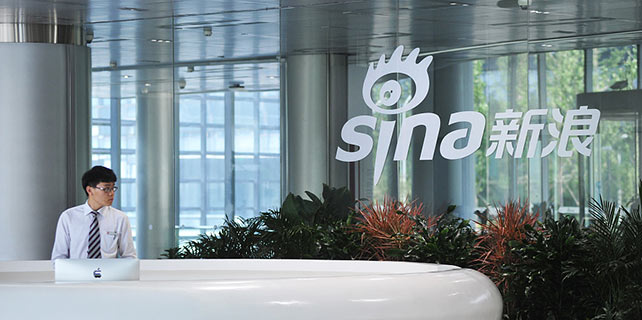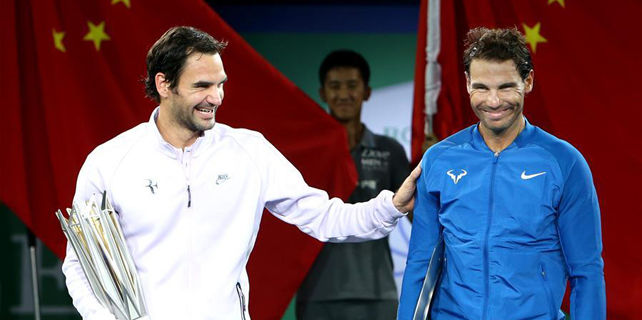AIIB banks on further expansion
The Asian Infrastructure Investment Bank is poised to continue expanding its membership after approving 80 members since its launch less than two years ago, its president, Jin Liqun, said on Sunday in Washington.
The new multilateral development bank has been off to a good start, having met all of its initial objectives by building up a sound management system and a strong pool of talent and having invested in huge projects, Jin told China Daily on the sidelines of the annual meetings of the International Monetary Fund and the World Bank.
"Countries are gradually joining the AIIB," Jin said. "Some are in the process of ratification … the membership will surely continue to increase."
At its launch in January 2016, there were 57 signatories to the AIIB's Articles of Agreement, and in March and May, the bank announced the approval of a further 20 prospective members, who are currently in the process of finalizing their membership, according to a statement from the bank.
The statement also said that the AIIB expects to continue welcoming members later this year. The latest round of approved applicants was announced in June, when Tonga, Argentina and Madagascar formally joined the AIIB.
Jin did not specify any prospective new member countries.
Afghanistan, whose Finance Minister Eklil Hakimi met Jin last week, has obtained permanent membership of the AIIB, the country's finance ministry said on its website on Sunday.
Jin, a former vice-president of the Asian Development Bank, earlier said that the AIIB is a 21st century bank, with modern policies, international management and talented staff from across the globe.
"We are learning from the experiences of the well-established MDBs (multilateral development banks) and the private sector," he said in the AIIB's annual report earlier this year.
In Washington, while attending a panel discussion on Thursday, Jin said that MDBs, including the AIIB, "have to upgrade according to international best standards or international best practice".
International best practice, however, is not just the traditional way Western countries follow or what Western countries want Asian countries to follow, Jin said.
International best practice should incorporate the tested good experience derived from developing Asian countries, especially China, over their past three to four decades of development, he said on Sunday.
















